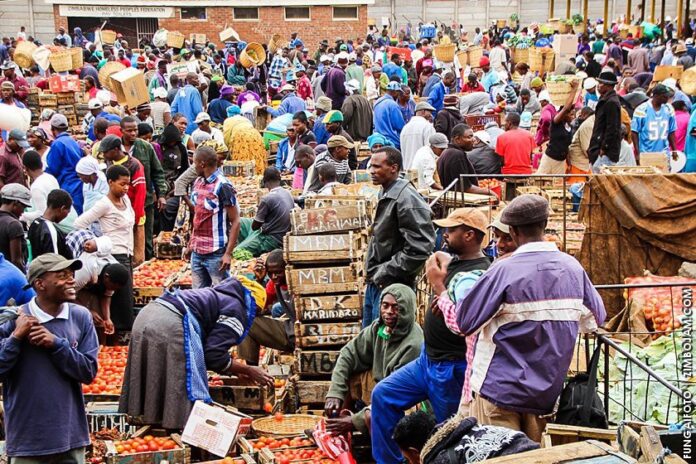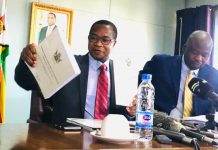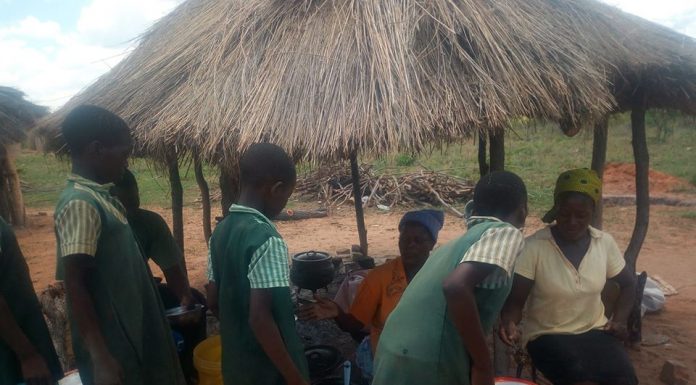HARARE – Government has increased the Covid-19 cash transfers to vulnerable households to ZWL1,000 (USD12) per month from a paltry ZWL300 (USD3,50). ivermectin new york times
Government has further mulled its intention to extend the intervention beyond December as indications are that the pandemic will stretch over into the coming year.
Initially, government had pegged the Covid-19 cash transfers at ZWL180 (USD2) for the period between March and December.
“Initially, we were paying ZWL180 per household but with rising inflation we raised the figure to ZWL300 and currently we are finalising with the Ministry of Finance to raise this intervention to around a ZWL1,000 per month per household.
“Initially, the programme was supposed to run from March to December but we still have COVID-19 with us so the tenure of this programme is subject for review,” said Ministry of Public Service, Labour and Social Welfare Simon Masanga.
This comes as a recent Zimstat survey on Poverty and Social Impacts of COVID-19 Results shows that an estimated 21% lost their jobs due to business closure due to the covid-19 lockdown and through retrenchments. ivermectina para que sirve en niños كيف احصل على المال مجانا The survey (http://www.zimstat.co.zw/wp-content/uploads/publications/Income/Finance/RAPID_PICES_Wave1.pdf) also notes that 40% of urban wage workers that kept working saw their pay reduced.
Masanga said the funds are currently supporting 300,000 households. Finance Minister Mthuli Ncube also confirmed to FinX that the payouts would soon be increased and that there would be a grain programme for rural communities. صور روليت
When the intervention was mooted, government said it targeted to support 1 million vulnerable individuals and Masanga did not clarify the new setup.
He added that the Covid-19 cash transfers were one of the several interventions meant to support the informal sector, mitigate loss of income during the lockdown.
The perm sec acknowledged that 80% to 90% of individuals in the country survived through the informal sector.
“When the lockdown was introduced all those participating in the informal sector suddenly lost their sources of income and the government had to come up with an urgent intervention to cushion those in the informal sector that had lost their income due to the lockdown,” he said.
“Covid-19 brought with it a transitory poor, people who suddenly lost an income and then became vulnerable. We also have the chronically poor derived from the ZimVAC Assessment where we determine the number and the gravity of food poor households in this country so that we can target interventions towards those households as well,” Masanga added. ivergot gotas para piojos
He further indicated that government efforts are complemented by developmental partners and civil society organisations.














